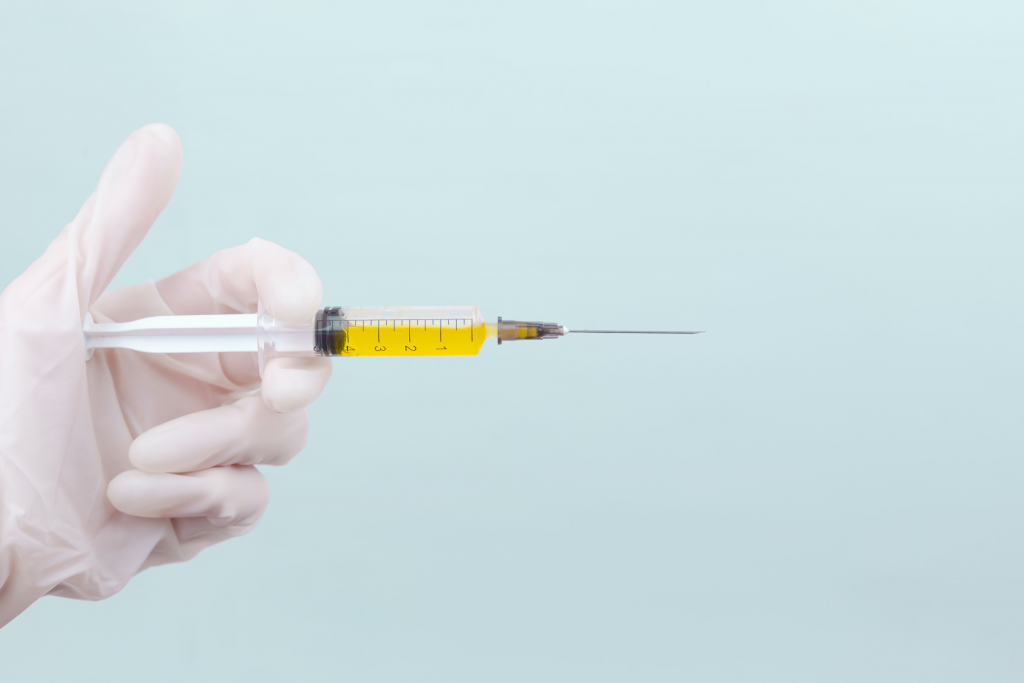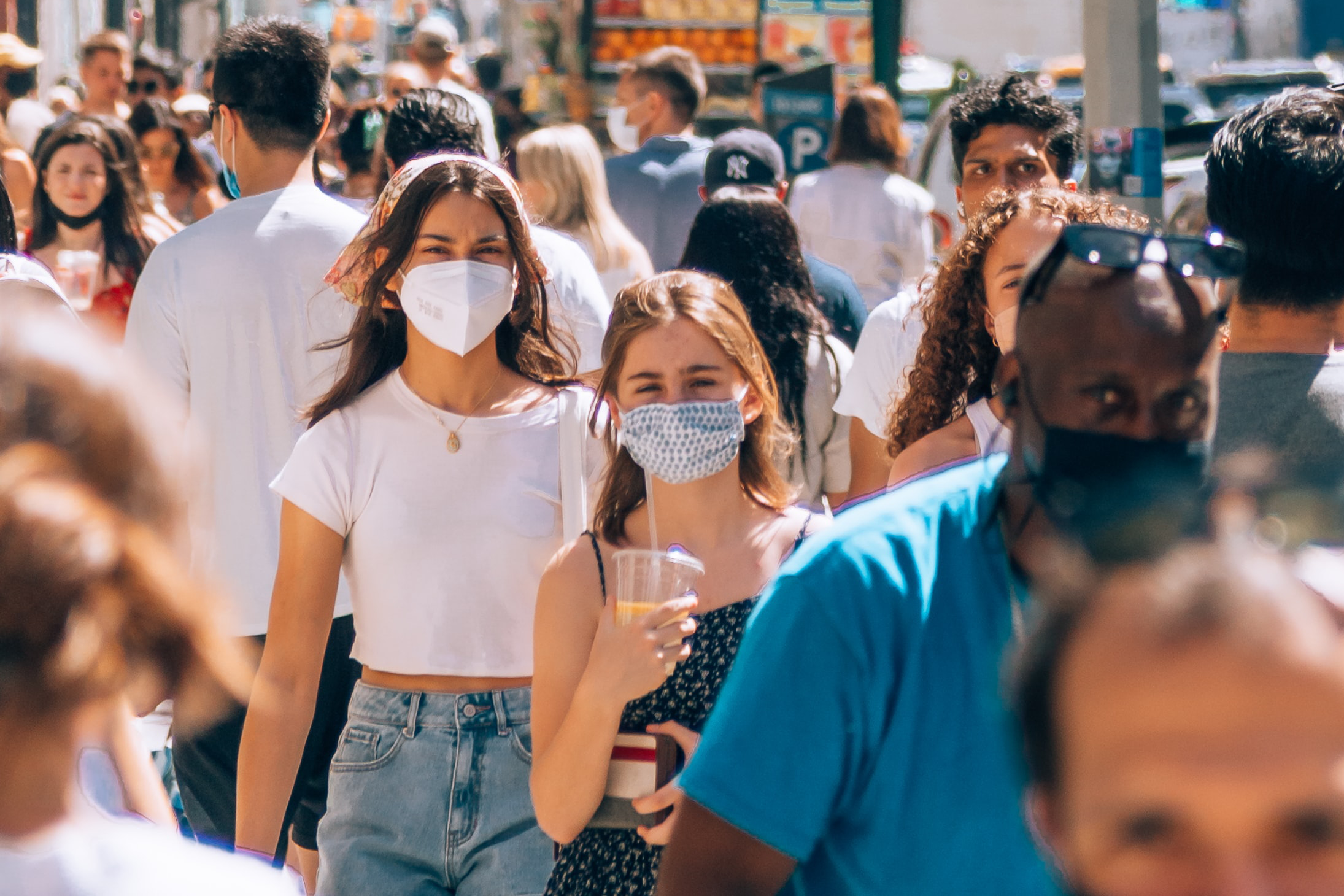Booster shots lose prevalence as COVID-19 worries diminish on SU campus
COVID-19 worries diminish on SU campus

Since mask restrictions have been lifted at Syracuse University, COVID-19 has been at the back of many students’ minds. The threat of the virus is seen by many to pose little to no danger to their health or that of their peers, even with data showing the new Omicron variant continuing to be prevalent in the U.S.
In the U.S, the daily average of COVID-19 cases sits at nearly 55,000, while New York state alone accounts for over 5,000 of those. To help decrease the steady number of cases, the FDA officially cleared the next set of booster shots from Moderna and Pfizer at the end of August, yet many Americans, especially those who are college age, are not concerned with COVID-19 or the new Omicron booster shot.
SU requires all students and faculty to have obtained both vaccines and the first booster shot, barring any special medical exemptions. Nonetheless, COVID-19 cases still frequently pop up around campus.
On the week of September 19, 34 active cases were reported as ongoing by the university, though the true number is likely much higher due to the removal of testing centers on campus and overall lax student opinion on self-testing for the virus. Though self-tests only cost one dollar at vending machines across campus, SU students generally aren’t the best at being proactive in ensuring they don’t spread COVID-19.

Rahill Jaiswal, a freshman broadcast and digital journalism student, said he only tests himself when he has been exposed to the virus.
“When I’m around people who have tested positive for COVID-19. Yes [I do self-test]”, Jaiswal said.
While it may be easy to criticize others for not taking a more pragmatic approach to preventing the spread of COVID-19, it is important to note that most other SU students share the same relaxed viewpoint on self-testing.
There are many factors in determining whether or not a student feels the need to self-test, and a popular reason is due to the fact that many SU students believe contracting the virus will not affect their health in both the short and long term.
“I had it once and survived. If I get it again, it’s gonna suck, but I’m gonna get through it,” said Maxwell student Jacob Wolfson when asked if he feels COVID-19 is a threat to his personal health.
The disregard of COVID-19 as a health risk may be irresponsible in any other setting, but the majority of people at Syracuse are 18 to 22 and have relatively good health; a point almost everyone interviewed touched upon.
On top of being vaccinated and receiving the first booster shot, most students are open to receiving the newly-cleared booster, and acknowledge that certain students and faculty are immunocompromised.
Grad student Ryan MaGuire said he does not know when he is going to get the newest booster shot, but seemed receptive to receiving it.
“I have not scheduled a booster shot, but I’m definitely considering it after doing my research and knowing that the numbers have gone up,” MaGuire said.
MaGuire said that many of his COVID-19-related decisions, such as when he will get the next booster and if he will wear a mask in the future, will be based on the number of COVID-19 related cases and hospitalizations.
While many SU students such as MaGuire will determine when they get the new booster based on the severity of the virus, others are leaving it up to the university’s public health policies.
“If the university requires me to get it, I’ll get it,” said sophomore Patrick Chambers.
Chambers said that because the world is out of the peak stages of the pandemic, he does not feel the immediate need to get the new booster shot. Chambers believes that those who feel at risk of COVID-19 have the resources available to protect themselves, he said.
As has been the case for two and a half years, opinions on COVID-19 and vaccines differ from person to person. At SU, the overall consensus surrounding the new booster shot and COVID-19 as a whole is very laid back. Students don’t feel the need to go to great lengths to avoid COVID-19, and merely want to take the virus as it comes, instead of going out of their way to adhere to the guidelines that have governed their lives for years.





